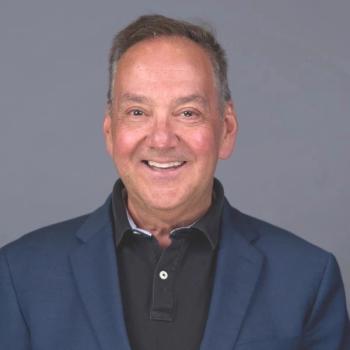
- Vol 37, Issue 4
- Volume 37
- Issue 4
Resilience, Not Panic, in a Time of Pandemic
For an inspiring model of communal hope and resilience under a dire threat to survival over COVID-19 fears, the author turns to the Fekalists, the prisoners condemned to be sanitation workers in the Lodz ghetto in Nazi-occupied Poland, his parents among them.
We can reasonably quarantine infected individuals, but we should not squander our social and moral capital by quarantining whole communities.
ANXIETY & STRESS
As the pendulum has swung from denial to near-pandemonium about
As a psychiatrist, clinical ethicist, and citizen, I struggle with the reality that panic and hysteria spread more easily and quickly, covering more space in less time, than does hope. When hope cannot be offered in the form of a quick fix, there is a natural tendency to plunge into despair, leading often to counterproductive measures. The Internet, through its instant, indiscriminate communication of simplistic, reductive messages, is much better at spreading fear, panic, and hopelessness than at raising hope, which is best fostered by people working together and learning to trust one another.
For an inspiring model of communal hope and
My father later recalled a Jewish physician who secretly ministered to him after he had been wounded in a resistance raid to obtain vital building materials from a German supply house. “I will die here,” my father said to the older man. “One of us will, but it will be me,” replied the physician. “I do not have any way to treat you, but you are young. If you don’t give up hope, you will survive.” Indeed, the Fekalists did not give up hope. Instead, through solidarity, humor, and song, they helped preserve community morale and became the heart of the Lodz ghetto resistance. Among those who were saved were 14 people who, using the materials obtained in the raid on the supply house, built an underground bunker cemented over a riverbed. My parents married in that bunker.
If the heroes of that imprisoned ghetto could maintain a resilient community without scapegoating, we can do likewise under much more benign conditions. We need not assume that a catastrophic
Fortunately, the Internet can also serve to convey practical preventive measures for individuals, families, and communities, like those being developed by the
This article was originally posted on March 3, 2020, and has since been updated. -Ed
Disclosures:
Dr Bursztajn is Co-founder of the Program in Psychiatry and the Law at Harvard Medical School and President of the American Unit of the UNESCO Bioethics Chair (Haifa). He practices clinical and forensic psychiatry in Cambridge, MA.
Articles in this issue
almost 6 years ago
The Name “Schizophrenia” Is Heard Worldwidealmost 6 years ago
Big Brother FDA Is Watching, Helpingalmost 6 years ago
Drug Receptor Profiles Matteralmost 6 years ago
Let’s Talk About Resiliencealmost 6 years ago
The Other #MeToo: Male Sexual Abuse Survivorsalmost 6 years ago
25 Years After the Oklahoma City Bombingalmost 6 years ago
What Is the Deal With Esketamine?Newsletter
Receive trusted psychiatric news, expert analysis, and clinical insights — subscribe today to support your practice and your patients.






